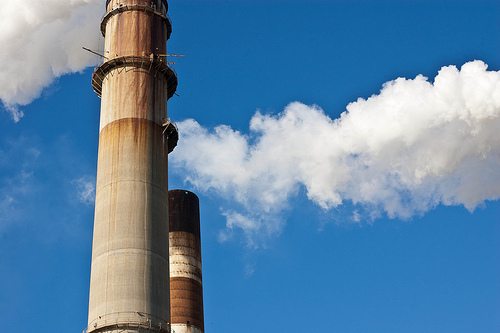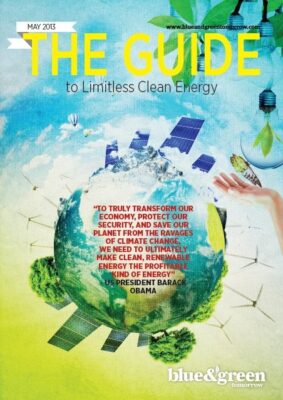

Energy
European Investment Bank: we won’t invest in dirtiest energy firms
The European Investment Bank (EIB) has revised its policy on energy investment, saying it will now only invest in firms that incorporate carbon reduction measures into their business strategies.
The bank has set lending criteria that will see the majority of coal companies slip below the standards required to be eligible for loans.
After an eight-month review on energy lending, which included consultation with EU member states, the revised guidelines now include an emissions threshold of 550g of carbon dioxide per kilowatt hour (Kw/h) of energy generated. The EIB will not invest in firms emitting more than this amount.
Although some countries called for the emissions criteria to be much lower, the EIB emphasised the importance of setting feasible targets.
A spokesperson said, “We are committed to an energy transition that will allow member states to meet the EU carbon reduction targets. Although we are a key investor in renewable energy initiatives, we are also heavily involved in funding projects that address energy efficiency through changing infrastructure.”
Although coal is largely considered one of the most polluting energy sources, the EIB has not ruled out the possibility of further investment into the industry.
“We are not against coal – we will look at each case on its individual merits and each case is judged against the criteria we set”, the spokesperson said.
“We will stand ready on any investment, including the use of coal, which demonstrates a commitment to carbon reduction”.
The EIB’s plans follow an announcement from the World Bank, which recently said it would be phasing out its investments in the coal industry.
In a recent programme on BBC Radio 4, energy minister Michael Fallon defended government subsidies for the British coal industry, saying that it was necessary in order to save jobs.
The sector is being squeezed as a result of the US coal price plummet, due to the increase in the extraction of shale gas through fracking.
Further reading:
World bank announces plans to phase out investment in coal
UK will miss 2020 renewables target but we shouldn’t let up the pressure
Fossil fuels will still dominate the economy in 2035 says UAE officials


 Environment12 months ago
Environment12 months agoAre Polymer Banknotes: an Eco-Friendly Trend or a Groundswell?

 Features11 months ago
Features11 months agoEco-Friendly Cryptocurrencies: Sustainable Investment Choices

 Features12 months ago
Features12 months agoEco-Friendly Crypto Traders Must Find the Right Exchange

 Energy11 months ago
Energy11 months agoThe Growing Role of Solar Panels in Ireland’s Energy Future






























